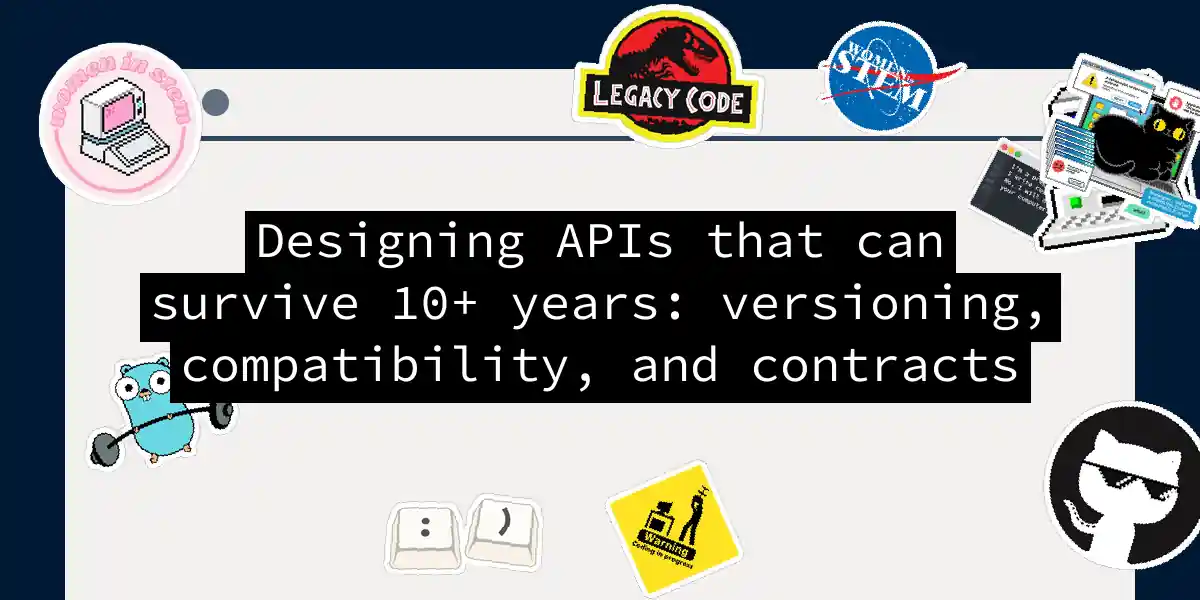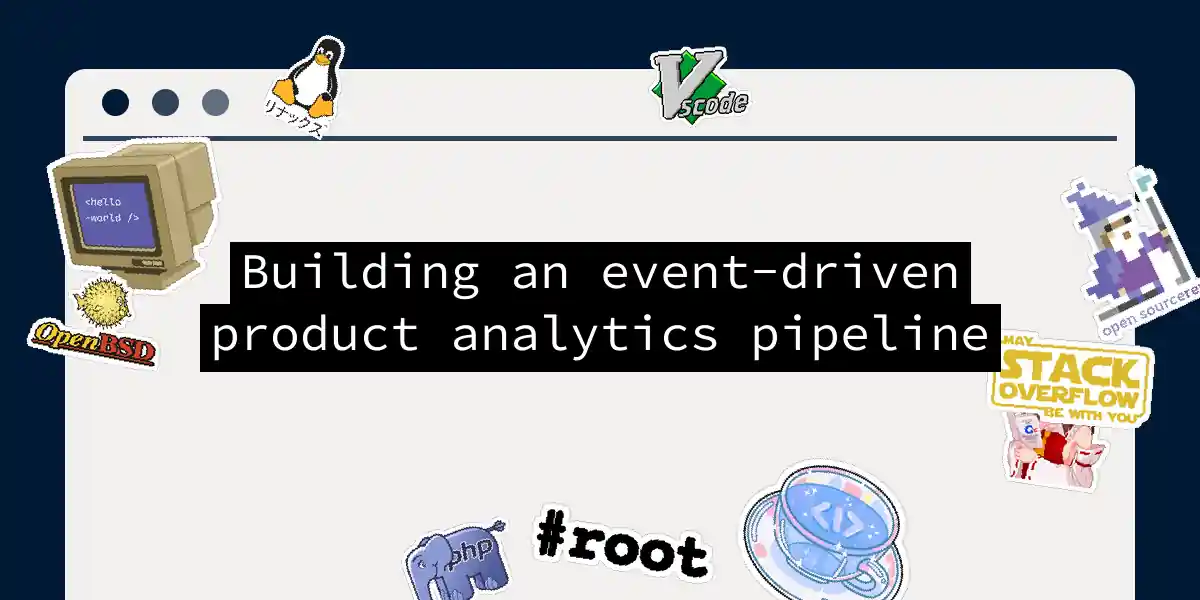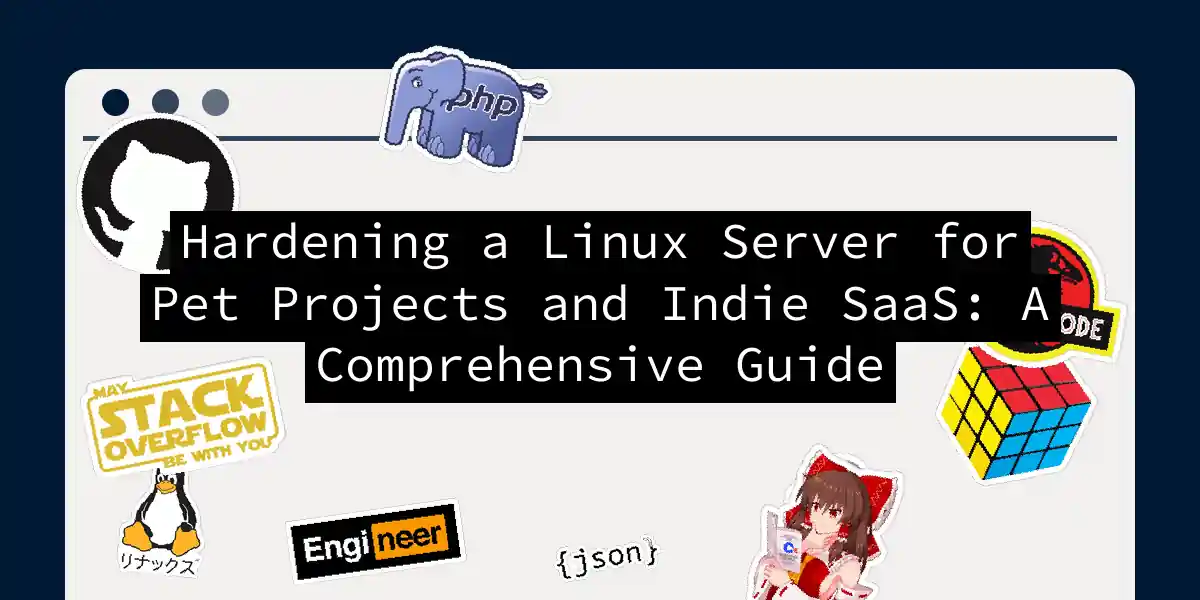
Backup Strategies That You Actually Test and Trust
Introduction In the digital age, data is the lifeblood of any organization or individual. Losing critical data can be devastating, whether due to hardware failure, cyberattacks, or human error. That’s why having a robust backup strategy is not just a best practice but a necessity. In this article, we’ll explore various backup strategies that you can trust and actually test to ensure your data’s safety. Why Backups Matter Imagine losing years of work in an instant....



